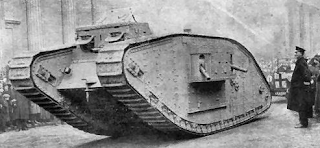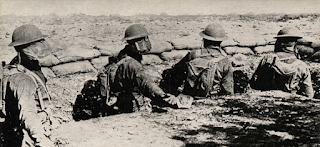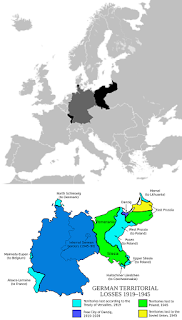Creatures of habit that we are, we seldom revamp things that have been around since before we were born. An example is the 8-hour workday. Since when has it been around? The eight-hour movement,or 40-hour movement, has its origins in the workers' struggles of the Industrial Revolution. Karl Marx saw its vital importance to the workers' health, saying in Das Kapital: "By extending the working day, therefore, capitalist production [...] not only produces a deterioration of human labour power by robbing it of its normal moral and physical conditions of development and activity, but also produces the premature exhaustion and death of this labour power itself”. Studies have showed that working 8 hours is not ultimately productive. Evan Robinson recently wrote - "working over 21 hours continuously is equivalent to being legally drunk. Longer periods of continuous work drastically reduce cognitive function and increase the chance of catastrophic error."
When discussing in HR circles, people will agree on the data and its conclusions, but do HR departments plan on executing a plan making a day more productive that is less conventional? No. Sweden, in some attempt at reform and finding work-life balance, just switched to a 6-hour workday (or see here, or better here for an explanation).
Conventionality has been the killer of many great ideas. The great unknown has been terrifying traditional types for eons. As I write this, I am standing up. I’ve never considered being able to stand up and write. Not because I didn’t think it wasn’t possible, it just didn’t cross my mind. The fact that I have access to that option makes me want to try it. If you are expecting me to say that is better than sitting down, I am sorry to disappoint. It is not; it is simply different. But different is what you need sometimes, and sometimes you just need your good ol’ chair.
The point I am trying to make is that there are so many ways to go through our day. There are exponential alternatives on how to structure our day, our time, and our life. So many people are looking for adventure or, when asked what they seek in their significant other, they say someone adventurous. If that were really true, why wouldn’t they take a different way home? That’s adventurous, even if on a smaller scale than what they may have envisioned. Instead of going home after work, take a scenic route or improvise a road trip to the next state over. We don’t do any of these. Well, I try not to do it. It upsets my family, and I don’t want them to seriously consider placing a tracking chip on me, even though this would avoid driving and texting to notify them of my whereabouts, thereby making the road a much safer place because I am not swerving and trying to be grammatically correct at the same time. Now I am going on a tangent...
I am just tired of discussing and having studies show us how we can improve on our day yet nothing revolutionary happen. The graph below shows the relationship between productivity and annual hours worked.
A paper by John Pencavel implies that reducing working hours is good for productivity.
Don’t get me wrong. I think it is great that IKEA sells standing-up desks. That’s something. But I am still holding out on the 4 hour work days. Or, perhaps, we may see a Basic Living Wage implemented in our lifetimes, with recent pieces such as this one by Scott Santers making the point forcefully based on new research by the IMF and OECD. Perhaps the time has come for some real change that redefines the position of labor in our societies in a way that strikes a better work-life balance. I can hope. Can't I?
















